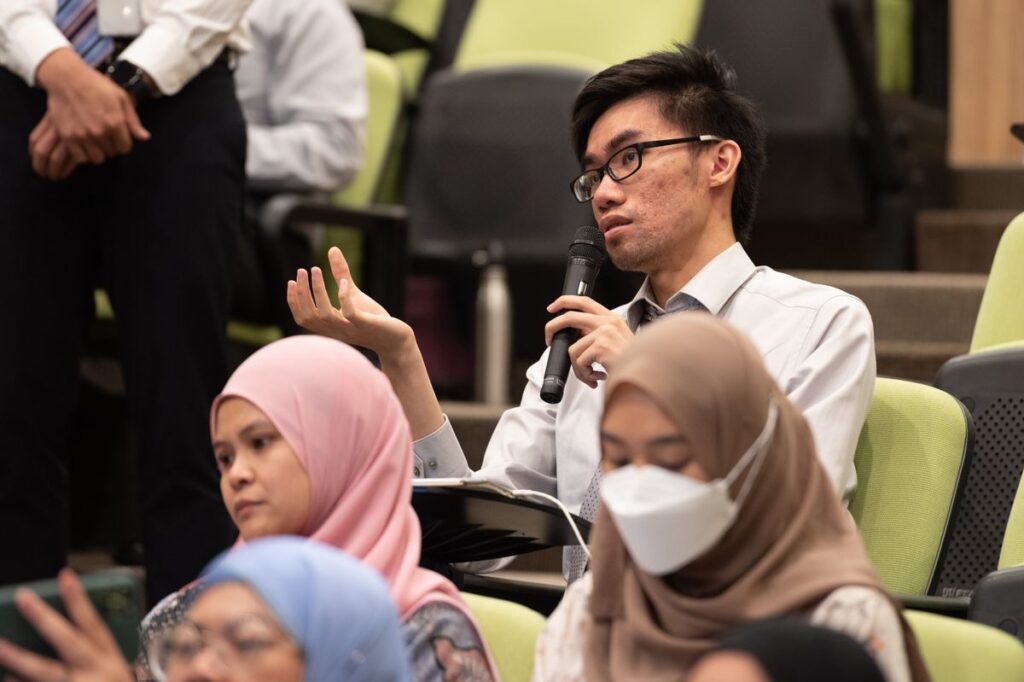
Brunei has begun data collection and assessment for its segment in the ASEAN Small and Medium Enterprises (SME) Policy Index (ASPI) 2024, a leading report that monitors the policy environment for SMEs in the regional bloc.
The ASPI 2024 will be the publication’s third edition and is set to capture the national and regional responses to the COVID-19 pandemic, as well as the implementation of recommendations made in the previous edition in 2018.
The ASEAN Coordinating Committee on MSMEs (ACCMSME), which includes the national agencies representing SMEs in the 10 member states, oversees the development of the ASPI with the Economic Research Institute for ASEAN and East-Asia (ERIA) and the Organisation for Economic Co-operation and Development (OECD).
ASPI assesses and provides national scores for eight policy areas or dimensions related to SME development.
Darussalam Enterprise (DARe), as Brunei’s representative to the ACCMSME, is working closely with the Ministry of Finance and Economy’s (MOFE) Industry and Business Ecosystem (IBE) to coordinate with 23 national stakeholders from different ministries and agencies to provide data and policy information for ASPI’s consultant to assess.

In the national kick-off meeting for the implementation of ASPI 2024 held on February 28 at the Design and Technology building, Brunei’s Head of Delegation to ACCMSME and DARe’s Head of Business Development and Support, Norlela Suhailee said the index is a key benchmark and reference for both regional policymakers and national SME agencies.
“The outcomes of ASPI 2024 would be referred to as one of the key inputs for the development of the ASEAN Economic Community Blueprint post-2025,” she said.
From a local perspective, she added that the finding and recommendations of ASPI will “allow us to zoom in our areas of strengths and weaknesses which will help us to focus on specific areas where we can collaborate more effectively at regional and national levels in supporting further development of our enterprises including finding the necessary adjustments to successfully navigate the post-pandemic era.”
ASPI utilises the methodology developed by OECD’s SME Policy Index which was launched in 2006 and now covers over 40 economies. The eight areas measured by ASPI are:
- Productivity, technology and innovation
- Environmental policies and SMEs
- Access to finance
- Access to market and internationalisation
- Institutional framework
- Legislation, regulation and tax
- Entrepreneurial education and skills
- Social enterprises and inclusive SMEs
Several additions have been made in these eight areas which aim to capture in greater detail the frameworks that support digital transformation, inclusivity, and sustainability.
The development of the third edition of ASPI is supported by funding from the German Federal Ministry for Economic Cooperation and Development through Deutsche Gesellschaft für Internationale Zusammenarbeit GmbH.
The regional kick-off meeting for ASPI 2024 was held on July 27, 2022, in Jakarta, Indonesia.
In the previous edition, Brunei was ahead of the ASEAN median in providing access to finance and favourable legislation, regulation, and tax, but was behind in the other six policy areas.











